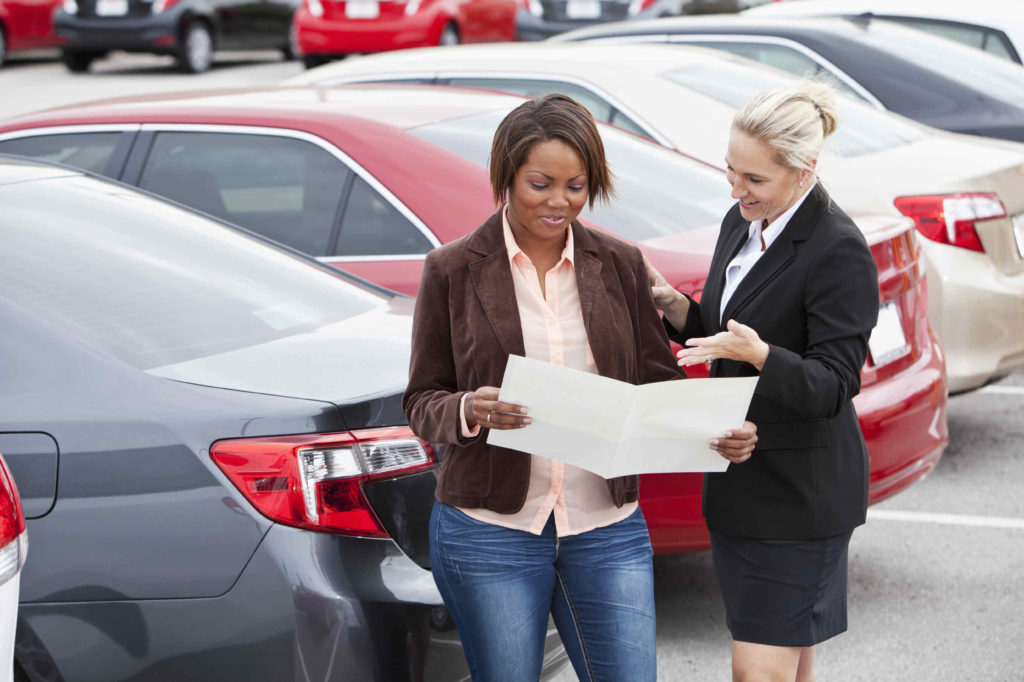*A friend of mine recently bought a new car. I was surprised because I knew she had bought a new car only about two years ago, and she doesn’t drive a lot so the mileage is still low. She said that she went to a dealership and asked for a lease because she was “upside down.” I had never heard the term before, but learned it means that you still owe money on a car. Because her old car, the one she had bought two years ago, was still in great shape, she got the lease.
Thinking about this I realize many of us may have this same concern. I purchased a car nearly a year and a half ago, and I love it. But I drive a lot, and don’t want to be concerned with mileage limitations — something a lease forces you to consider.
I also don’t mind having the same car for more than 5 years; whereas most leased cars contract for 3 years. Then you have the option to renew or lease a different car.
If I want to make any changes whatsoever to the car I purchased, I can. Darken my windows, add a spoiler, anything — I can. But if I were to turn around and lease, they want me to return the same car I leased (minus normal wear and tear).
Decisions. Decisions.
Below are four questions anyone thinking about leasing versus buying their next ride should consider first.
Question #1: How much can you comfortably afford to pay each month for your car?
According to the experts…
Your monthly car expenses, including your insurance premium, should be below 10% of your gross income. If you earn $50,000 a year before taxes, your monthly gross income is $4,166 and 10% of that is $416. But you need to factor in auto insurance which is about $70/month on average across the US, per the Insurance Information Institute. So your monthly car payment should stay between $300 to $400.
Here’s another way to look at it. Long term is OK if you’re like me, and don’t mind being in the same car for more than five years. My ride is beautiful, and will visually match any luxury car! So financing is better for people like me. But with leasing, since you are basically renting the car, and paying for the anticipated depreciation, it may be a better deal for you.
Yahoo News Finance writes…
Financing a car valued at $35,000, with 10% down, for example, could cost you around $600 a month for 5 years. Leasing that same car could cost you a hundred dollars less, or $500 each month for 3 years, which is the average length of a lease.
But two cars with the exact same MSRP could have completely different lease payments because it all depends on the type of car you get. Why? Because when the lease is up, the residual value, or the car?s worth when the lease ends, is dependent on the car?s make and model.
The next thing you should consider is the length of time you actually plan to drive the car (i.e. more than 5 years…or less?)
Now not to be redundant, but lets reiterate the whole long-term thing. The positive side of this is that once you pay off that car, you’re done. All you will need to pay for moving forward is insurance and maintenance. The car is yours! You can sell it, keep it and upgrade by remodeling, whatever.
Now as for leasing, Tom McParland, a writer for the car enthusiasts site, Jalopnik, says a common mistake people make is to finance a car, but end up trading it in every 3 years. ?Those folks would be better off leasing. If you?re going to be in the cycle of car payments anyway, leasing means you don?t have to worry about the trade-in value which can often be less than you expect it to be.?
Plus, with leasing, you don?t have to worry about car maintenance since most warranties will last as long as your lease does.
The mileage and modifications concerns are also valuable. To learn more about them, go to Yahoo News Finance here.





